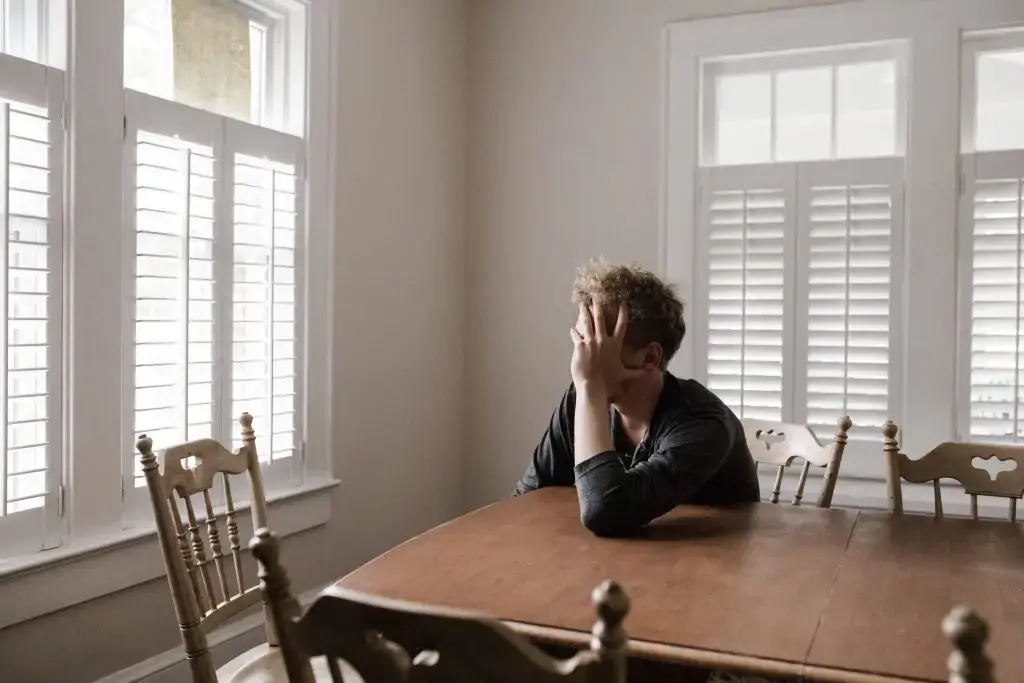TOP-5 sleep myths you believe in
Sleep is the best medicine and a little break from every day worries. A third of life spent in bed strengthens the immune system, calms the nervous system, systematizes the accumulated information and allows the internal organs to rest from excessive activity of the body. The sleep is surrounded by a lot of myths, and belief in some of these speculations is seriously harmful to health. GoBeauty, destroyers of myths, embark on the path of war for healthy sleep!
Myth 1: The consequence of lack of sleep is only chronic fatigue
Fact: More and more studies are proving that poor sleep quality or an insufficient number of hours of sleep is directly related to various diseases. Intermittent sleep can adversely affect health and lead to hypertension and cardiovascular disease. Studies show that insufficient hours of sleep impair the body’s ability to produce insulin, significantly reduces the rate of metabolism and increases the level of the stress hormone cortisol in the blood. This, in turn, can increase appetite and reduce the body’s ability to burn calories.
Myth 2: I’ll sleep on the weekend
Regular dream deprivation and a broken schedule quickly lead to so-called sleep bulimia. It manifests itself in the form of a constant feeling of fatigue and drowsiness, often alternating with irritability and even outbreaks of aggression. The basis of this phenomenon is a violation of circadian rhythms of the body – cyclical fluctuations in the intensity of biological processes with the change of day and night. It involves additional production in the body of cortisol. It is a hormone that is responsible for conserving the body’s energy resources and affects stress resistance. Its unplanned production can provoke malfunctions of the thyroid gland, muscular and nervous systems. Studies at the Universities of Nagoya (Japan) and British Columbia have shown that the probability of living longer with a fixed sleep schedule is higher than with a “floating” time of falling asleep and waking up. So take care of yourself and let your body rest properly.
Myth 3: You need to take sleeping pills if there is insomnia
The truth is that sleeping pills solve the problem of only short-term insomnia. You can not take these drugs for a long time, otherwise, you can significantly damage your health. If you suffer from prolonged insomnia, it is better to do relaxation techniques and cognitive therapy. It is not harmful, and the effect is much better. Also, although pills help to fall asleep, but do not solve the problem completely: it does not save from the causes of insomnia, such as depression or nervous disorders.
Myth 4: Snoring is a natural behaviour of the body
Ancient people believed that loud snoring scared away wild animals. Several thousand years ago, scientists discovered that snoring is an unnatural and unhealthy behaviour of the body. Over the years, snoring increases and leads to sleep apnea. The person does not breathe for about a minute or even more and then wakes up for a short time. The lungs do not receive enough oxygen, the quality of sleep is disturbed. A person with apnea can wake up dozens of times during the night. Even with slight snoring, you should buy a special nasal patch at the pharmacy or a more effective remedy – a spray. And in any case, you should visit a doctor.
Myth 5: You need to sleep 8 hours / 4-5 hours is enough
The number of hours you need is entirely individual. It cannot be stated unequivocally that the duration of sleep should be at least 8 hours a day. According to research by the National Sleep Foundation American non-profit organization, the norm for falling asleep is 10-20 minutes. Although this period can vary due to stress, fatigue and other reasons, in most cases it characterizes whether you get enough sleep. If you fall asleep immediately, as soon as your head touches the pillow, there may be a lack of sleep. If you can’t sleep for a long time, chances are you’re sleeping too much every day.









